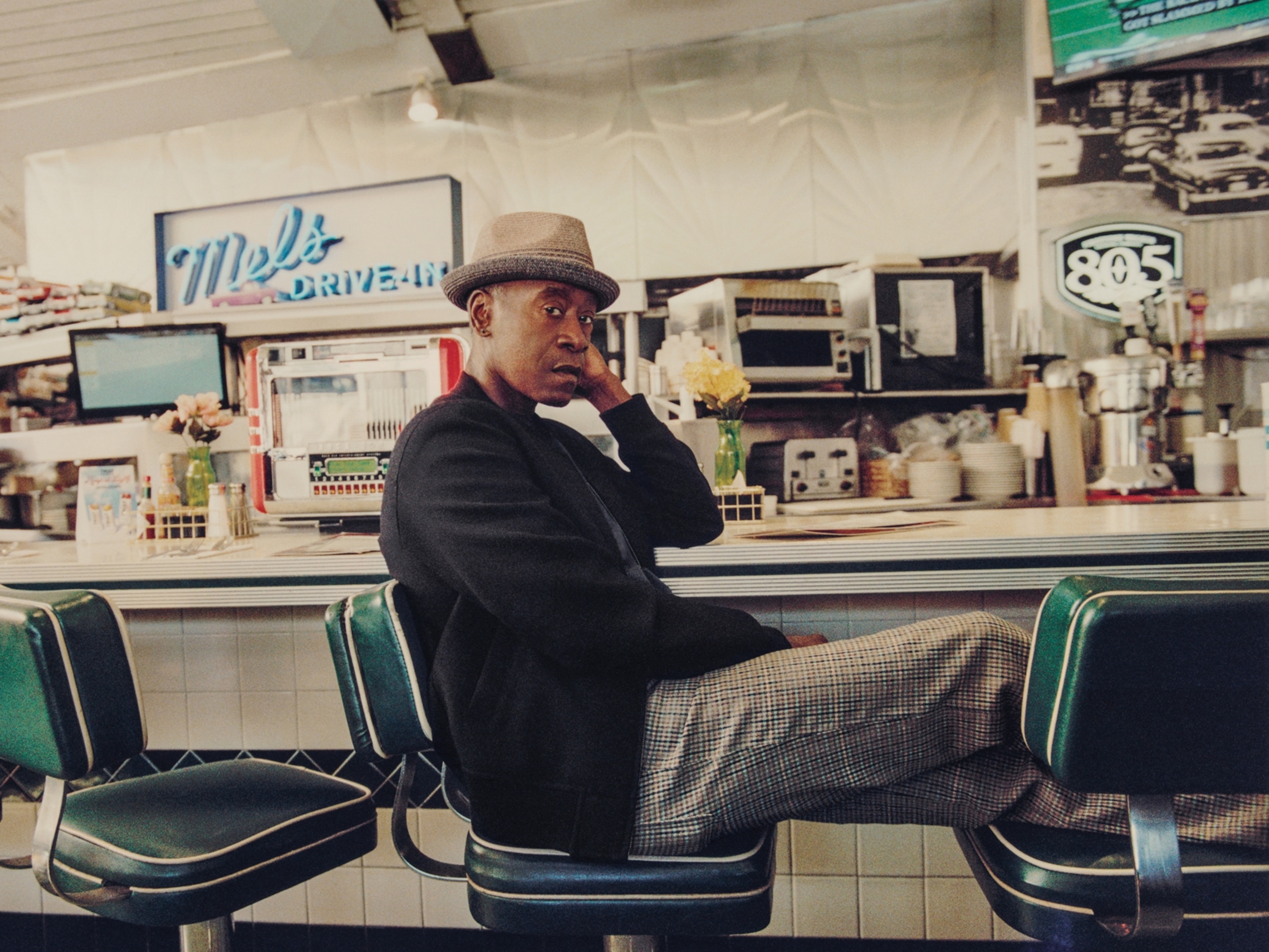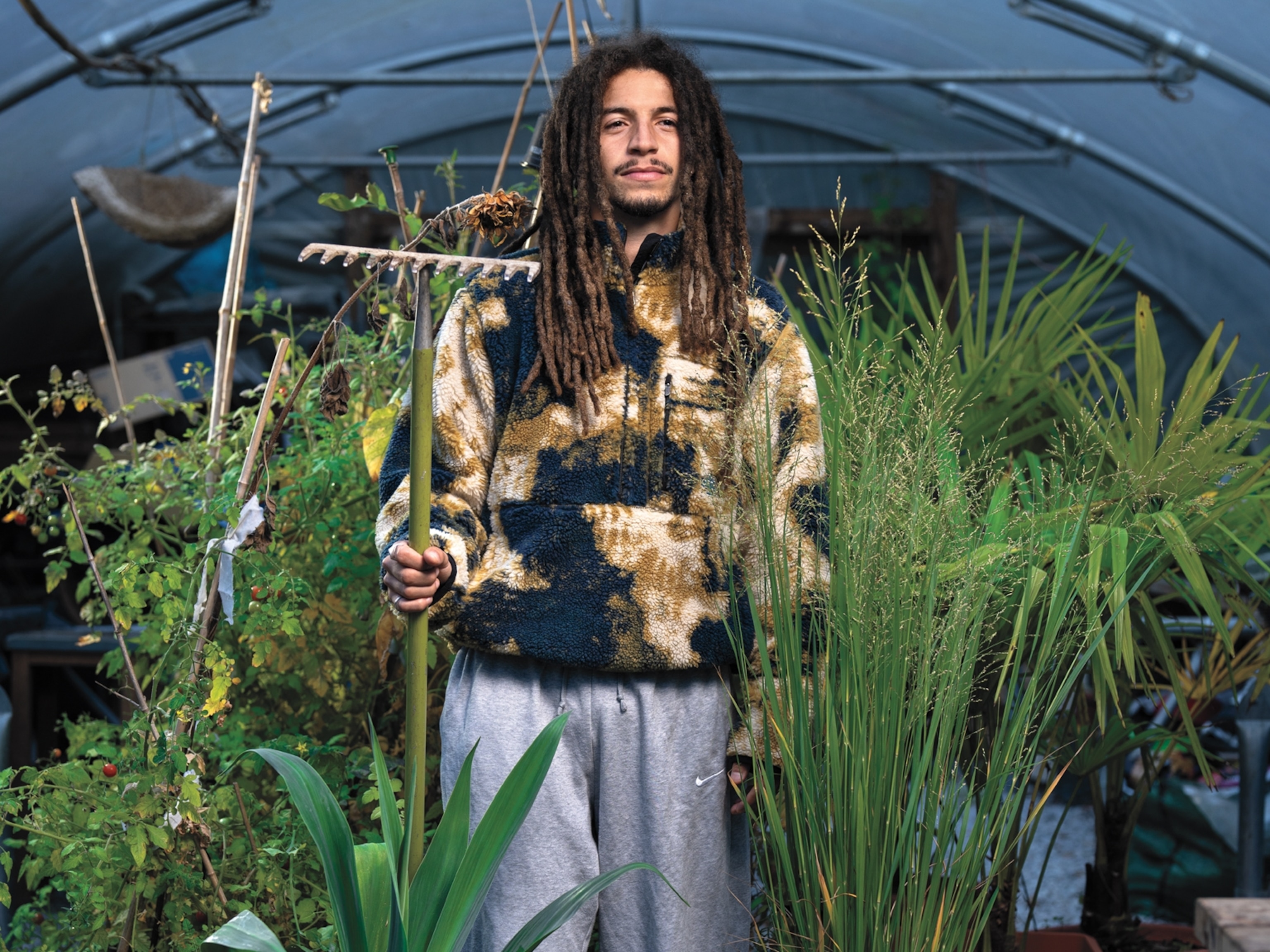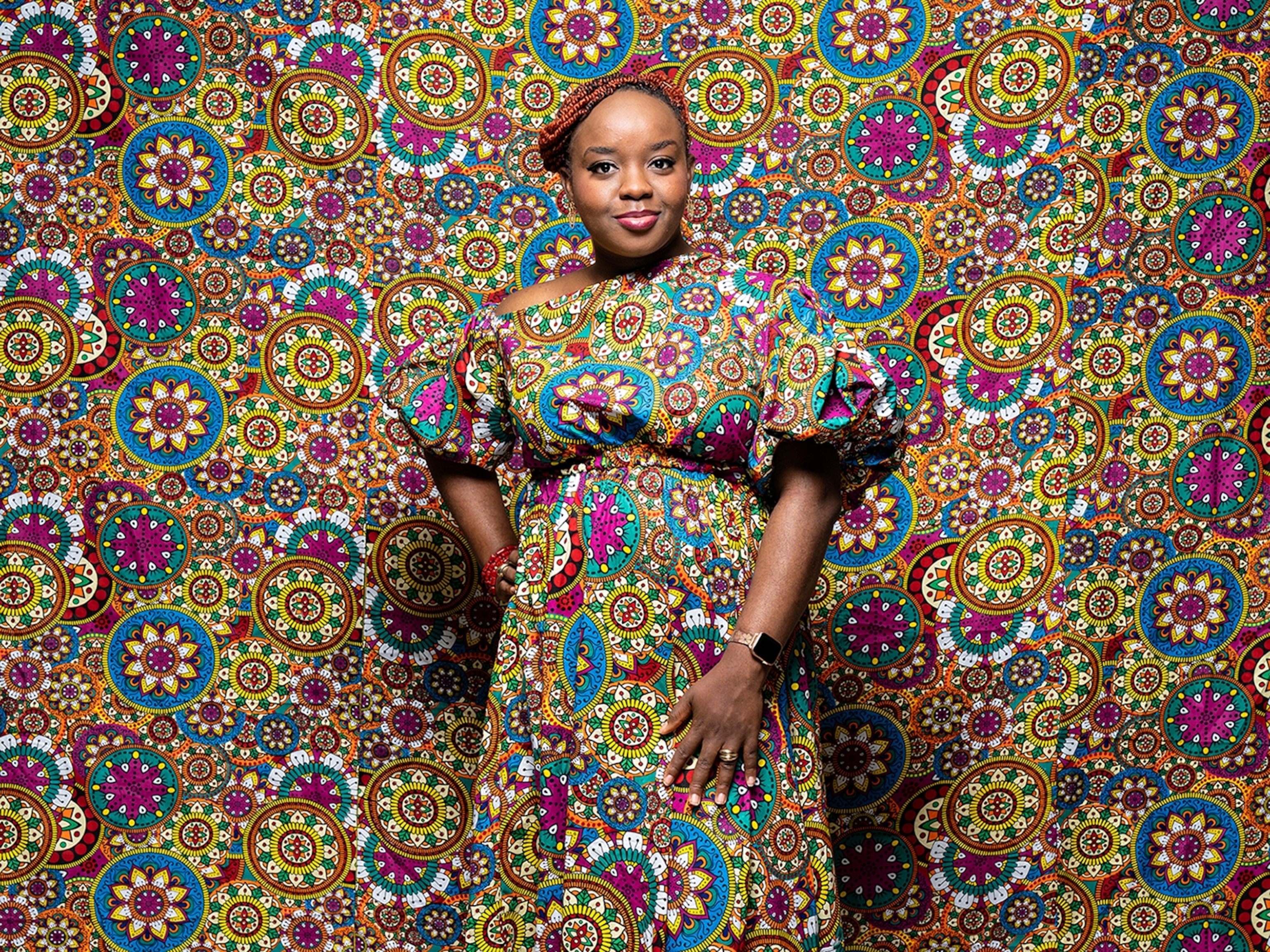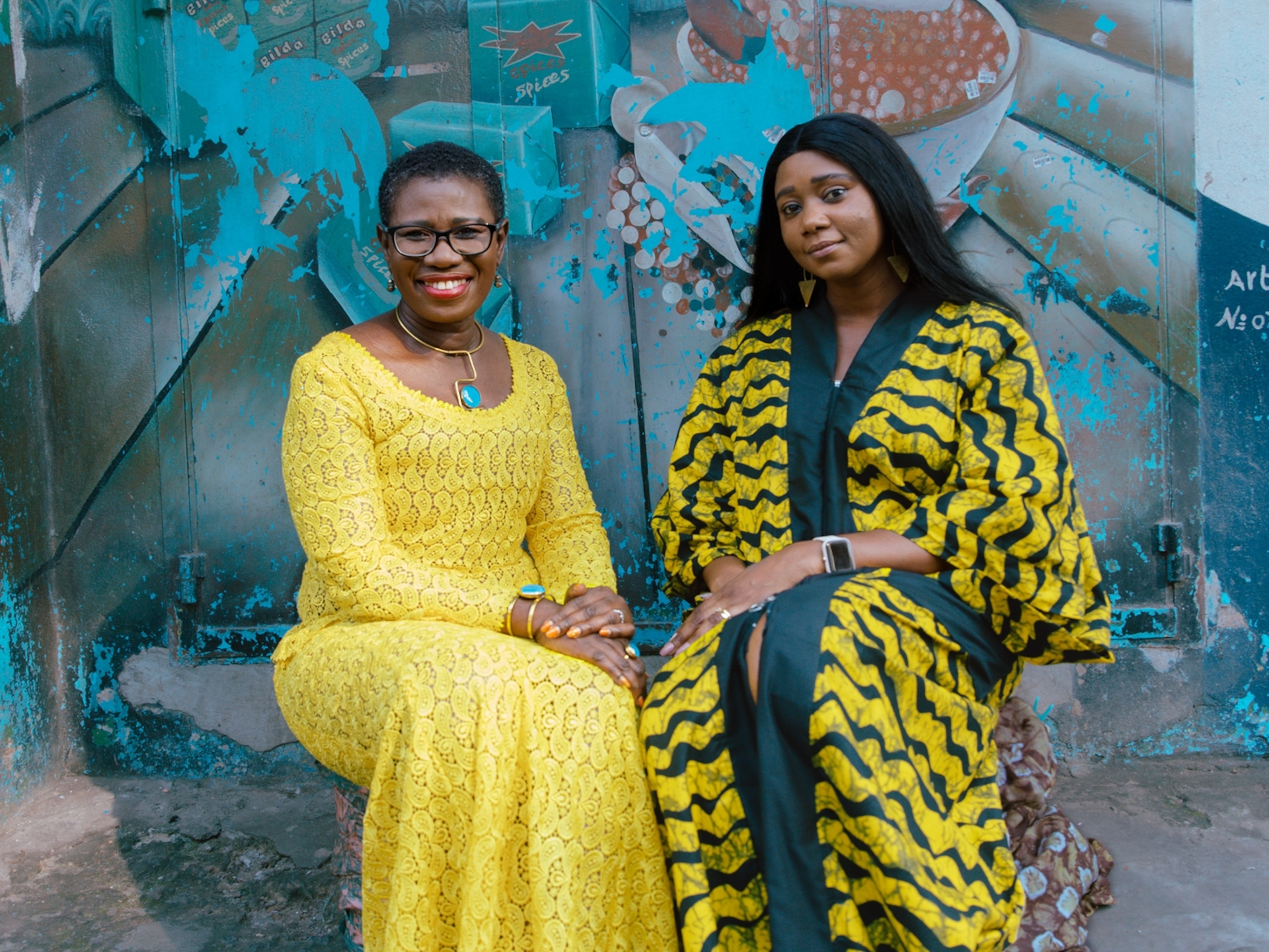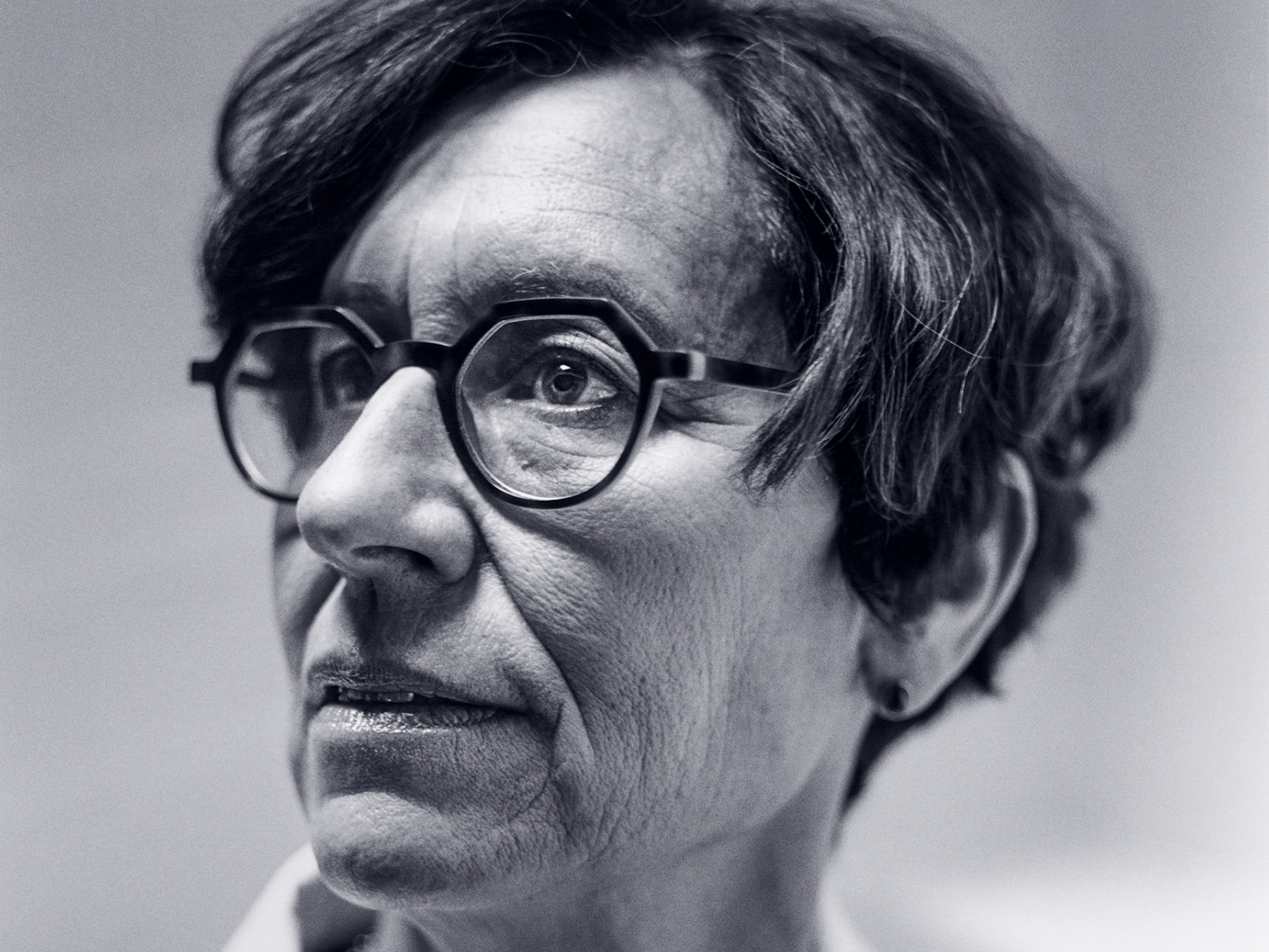How Héctor Bellerín became the environmental conscience of global soccer
Plenty of athletes like to speak their minds. Few use their influence, as Bellerín has, to advocate for sustainability.
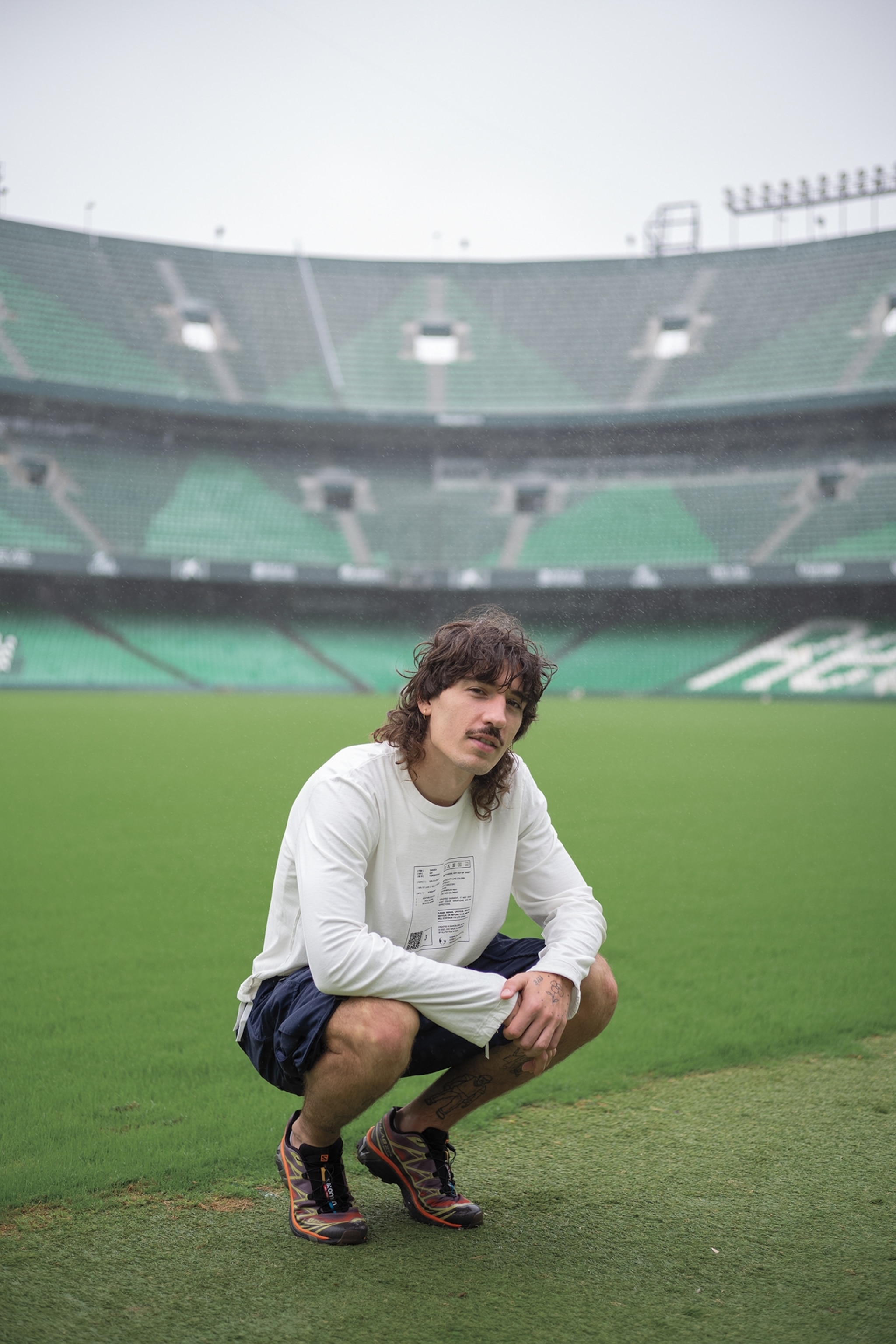
The transformation of Héctor Bellerín began a few years ago, when he went vegan. He was a defender playing for Arsenal, in the English Premier League, and he wanted a better way to train and recover. The decision certainly helped his body, but it also expanded his mind. “That opened so many doors,” he says. “I became more sensitive to animal cruelty. I became more conscious of how a meat diet was damaging to the Earth. And I also became more conscious in the way I consume.” To fight deforestation, he started working with a nonprofit to plant trees in the Amazon—3,000 for every game Arsenal won. As he recalls, “I even got messages from Premier League rivals saying, ‘For this month, I want you guys to win and hopefully we can plant more trees.’”
Bellerín, 30, has emerged as perhaps the sport’s foremost environmental conscience. These days he’s playing for Seville’s Real Betis, in his native Spain, and serving as the chief ambassador for its nonprofit, Forever Green, while working with the club to dramatically reduce its carbon footprint. Many of the group’s initiatives are highly creative, like installing seats at the club’s stadium made from fishing nets recovered from the seafloor. They’ve also offered all players and staff members their own electric scooters, and Bellerín now uses an e-bike as his primary method of getting around town. And Real Betis’s ultimate sustainability goals are lofty: Plans for the remodeling of its Benito Villamarín Stadium call for it to be largely solar-powered, and the club has pledged for its carbon emissions to be net zero by 2040. “For me, it’s a pioneering system,” Bellerín says. “Loads of clubs around the world now are wanting to peek into what we’re doing and promote the same stuff.”
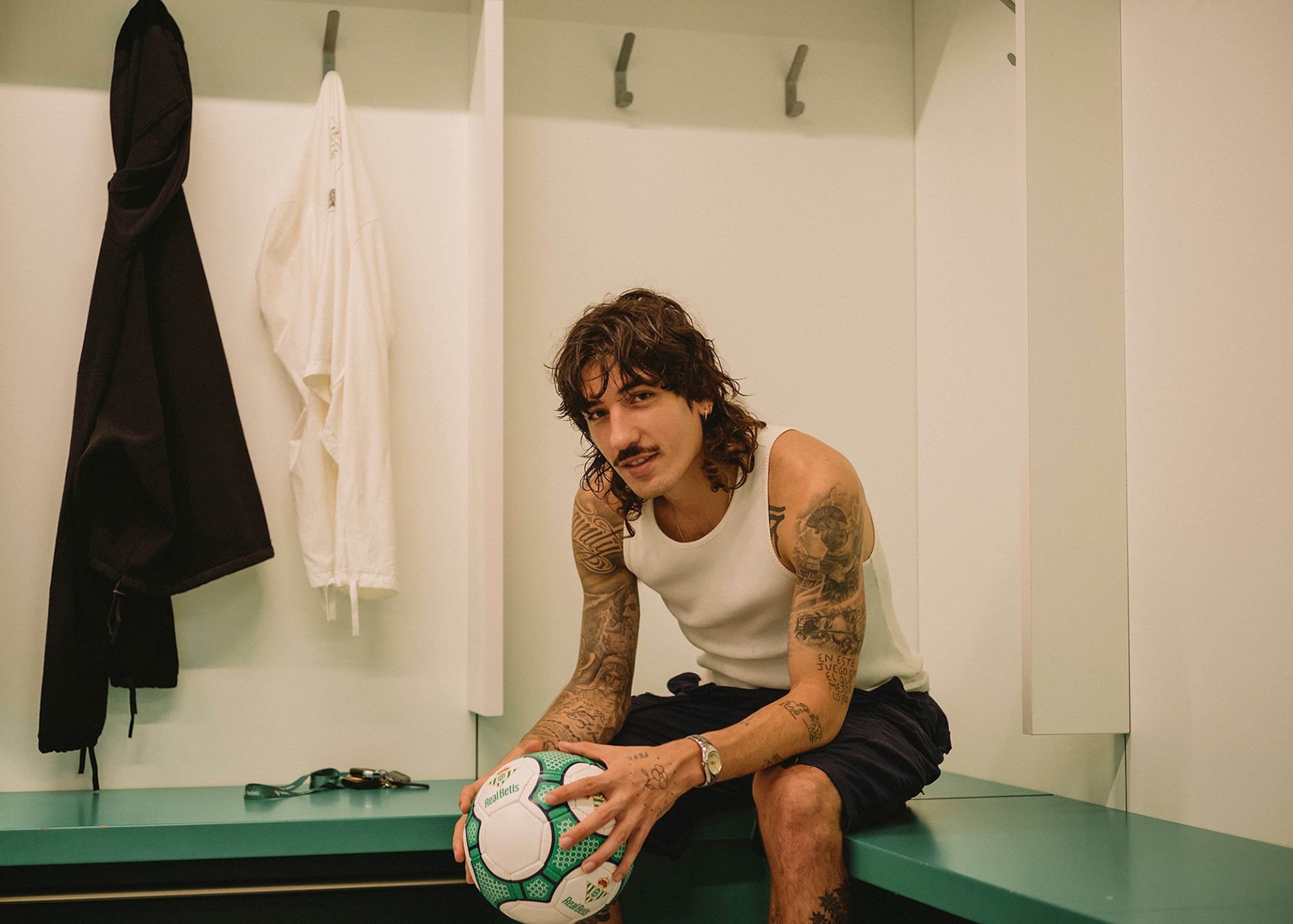
During the pandemic, he often thought of clubs in football’s lower divisions, many of which struggled with a lack of ticket sales. He remembered one in particular, Forest Green Rovers, a fifth-division English side known for its sustainability initiatives—and for being the first football club in the world certified as carbon-neutral by the UN Framework Convention on Climate Change. Bellerín acquired a minority stake in the club, and his funding has helped make the team even greener. Players travel to games on an electric bus, the pitch is maintained with electric lawn mowers, and the team’s new 5,000-seat stadium is being built almost entirely out of wood. “The club has had ups and downs footballwise,” Bellerín says. “But it also has made a lot of people in the football world conscious that there’s a team that is actually willing to be very radical.”
His eco-consciousness extends to his sideline projects as well. A noted clotheshorse who has designed a collection for H&M and walked the runway for Louis Vuitton at Paris Fashion Week, Bellerín now shops entirely secondhand and recently started his own bespoke fashion label, Gospel Estudios, which primarily uses deadstock materials and offers transparency into its supply chain. “When you buy something from us, in the tag you can see the name of every single person that’s had a hand on the project,” Bellerín explains. “So it’s a very long tag.”
He wishes more players took a stand about politics and the environment, though he understands why some stay quiet, wary of blowback from management and fans alike. “The ones who have had the courage to stay true to what we believe, we have to eat a lot of shit to be able to express ourselves,” he says. “I myself, nowadays, I don’t really care what people have to say about what I think.” The best defenders know how to be vocal leaders on the pitch. And Bellerín has never been afraid to say how the game should actually be played.


